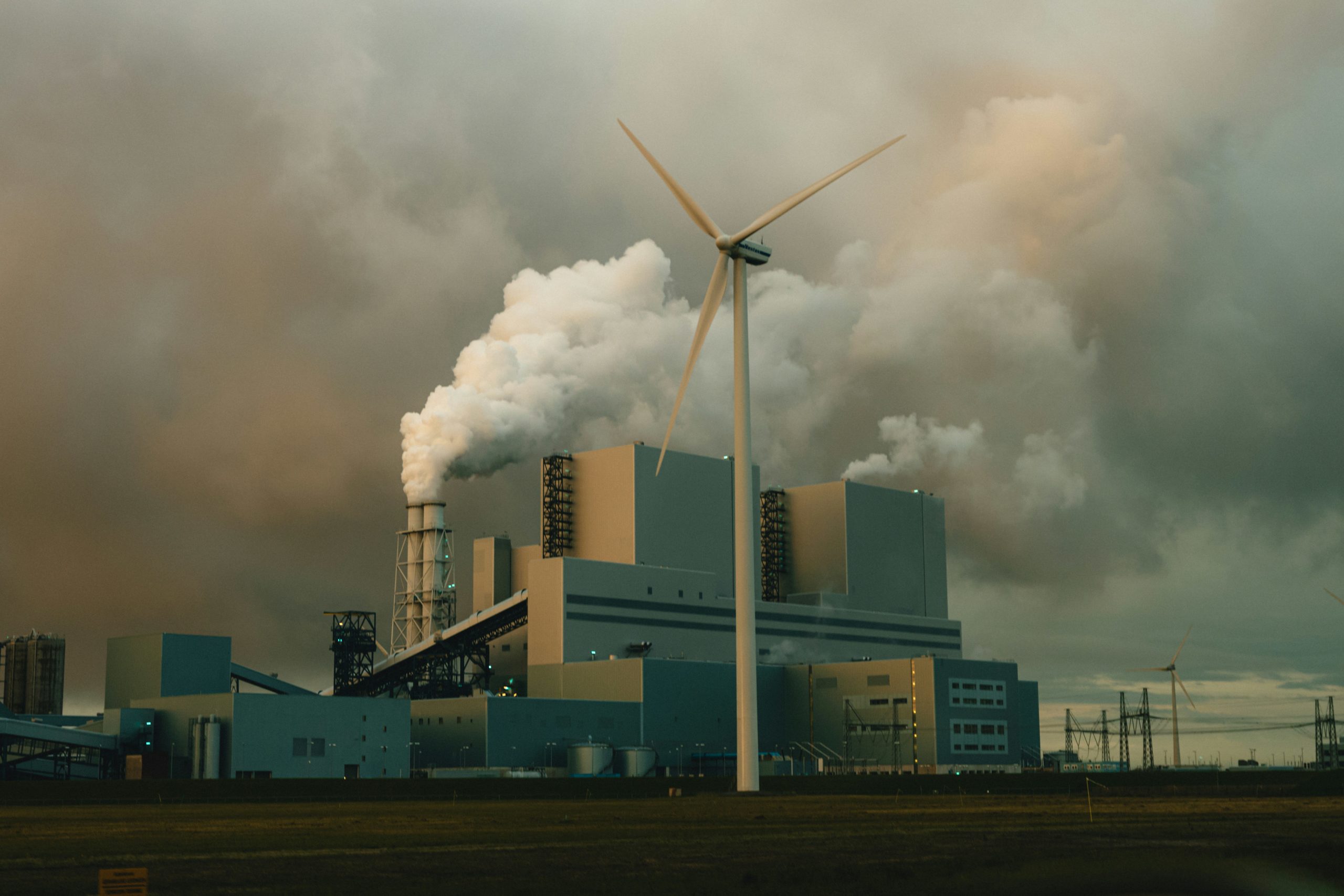CLIMATE
Climate policy in crisis: Short Cut ReLive with Sven Giegold, Eric Lonergan, Isabella Wedl and Bernd Weber
In the latest New Economy Short Cut, experts discussed why CO₂ pricing only works once climate-friendly alternatives are in place—and whether better timing could help steer Europe’s climate policy out of its impasse.
BY
FORUM NEW ECONOMYPUBLISHED
17. NOVEMBER 2025
Originally, carbon-intensive forms of driving and housing were supposed to become much expensive from 2026 onwards. That was the plan for the next stage of emissions trading in the EU. It is also in line with traditional climate theory, which states that behavioral change must come about through cost pressure. The catch: in reality, governments repeatedly shy away from doing just that – as is the case now, with the EU postponing the introduction of ETS2 once again. At the same time, doubts are growing about the once-praised ideal of climate policy via the market.
The Forum has commissioned a study to outline what an alternative to this might look like. The principle: CO2 pricing should only be introduced once the conditions are right and people have climate-friendly alternatives, such as affordable electric cars and sufficient charging stations. Before that, positive incentives are needed. Only then does it make sense to drive up the prices for harmful behavior, write Eric Lonergan, Michael Grubb and Isabella Wedl in the paper.
Could this also be a model for the EU—instead of just postponing the cost shock, as is currently the case? We discussed this in our latest New Economy Short Cut:
Climate policy in crisis – will better timing help with CO2 pricing?
With Sven Giegold, The Greens
Eric Lonergan, Calibrate Partners London
Bernd Weber, Founder and Executive Director, EPICO
Isabella Wedl, Forum New Economy
Eric Lonergan opened the discussion by arguing that traditional climate economics focusses on internalising externalities via taxation or quotas. However, to address the practical challenges of achieving net zero, this economic framework may need to be broadened. In particular, he stated that carbon pricing should be the last step in the sequencing chain and should only be introduced once the conditions are favorable.
Previous steps could include reducing the cost of capital or providing green substitutes (e.g. electric vehicles). He suggested that the former could be achieved by offering low-interest rates for renewables or by lowering the financing costs of green investment projects. The latter, he noted, might require investment in public infrastructure, such as public charging stations, or support for green alternatives through exemptions from import taxes and VAT.
Overall, Lonergan argued that, for a long time, the narrative of green transition advocates has been that ‘the taxes are just never high enough’. However, he argued that providing a favorable environment with low capital costs and investment in green substitutes may be an important first step in the sequencing chain before introducing CO2 pricing.
Bernd Weber offered an alternative viewpoint, as he had a more positive view of carbon pricing and did not see it as the last link in the sequencing chain. He explained that, since its introduction, emissions in the ETS1 sectors have fallen by 50% due to carbon pricing. Given these achievements, he believes that expanding carbon pricing to other sectors via ETS2 (heating and transport) would make a lot of sense.
However, he added that insufficient action is being taken to prepare people for the consequences of ETS2. He suggested that front loading, a strategy whereby future ETS2 revenues are brought forward, could be one way to achieve this. This would enable households to deal with the consequences of ETS2 without having to take on new debt. Overall, he stressed that ETS2 must not fail, as this would have serious consequences for climate policy.
Sven Giegold agreed with Bernd Weber, adding an institutional perspective to his arguments. He stated that labelling ETS2 as a pricing instrument would be misleading because its main accomplishment was introducing a carbon cap. He argued that ETS1 has already been quite efficient in this respect. He added that reaching an agreement on something as significant as ETS2 poses a challenge from a policy perspective. Therefore, those in favor of a green transition should not dismiss these efforts by proposing other long-term solutions. While he agrees that sequencing may be an important tool, he maintained that both pushing for low capital costs and introducing green substitutes can be achieved without abandoning the carbon pricing framework of the ETS2.
